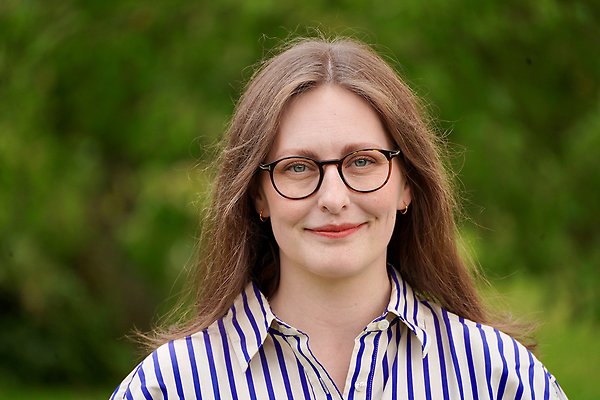Small publishers increasingly important for translated literature

Between 1978 and 1997, ten future recipients of the Nobel Prize in Literature were introduced in Swedish translation by a small publishing house founded after 1975. Photo: Getty Images
Over the period 1970–2016, small publishing houses became increasingly important for the publication of literature in translation in Sweden. More than ever, Nobel laureates are being published by relatively small independent publishers. These conclusions are drawn in a doctoral thesis submitted at Uppsala University.
“It’s remarkable how quickly the small publishers became major actors for translated literature in the Swedish book market,” says Jana Rüegg, Doctor of Philosophy in Literature.
Between 1978 and 1997, ten future recipients of the Nobel Prize in Literature were introduced in Swedish translation by a small publishing house founded after 1975.
“This is an important factor to consider, since publishing these authors before they are awarded the Nobel Prize entails a greater financial risk for a publisher than after the prize, when publication can be associated with prestige and guaranteed attention.”

Jana Rueggs research shows that small publishers founded in the 21st century have played an enormously important role in the publication of translations of works by female writers. Photo: Ute Rüegg
Many new publishing houses were founded after the introduction of state subsidies for literature in 1975 and several of them rapidly became important specifically for translations. Another wave of newly established small publishers has entered the market since the beginning of the 21st century. They have taken on a vital role in the publication of translations in Sweden, particularly from major languages such as French, German and Spanish.
Experienced financial crises
In the years around 2010, several large publishers experienced financial crises, which led them to let go of translated authors whom other publishers were then able to take over, as the thesis shows. The small publishers have also influenced the selection of authors translated into Swedish.
“Over the period 1970–2000, numerous editions of works primarily by male writers were published, translated from the major languages French, German and Spanish. This was partly because of the very extensive publication of classics, which are a type of literature associated in this context with male authors such as Jules Verne, Franz Kafka or Marcel Proust,” says Rüegg.
Important for female writers
Her research shows that small publishers founded in the 21st century have played an enormously important role in the publication of translations of works by female writers from French, German and Spanish. After 2005, the gap has narrowed and around 40 per cent of published translations from those three languages have female authors.
Åsa Malmberg
Publication
Rüegg, J. (2023), Publishing Translations: Flows, Patterns, and Power-Dynamics in the Swedish Book Market after 1970. Department of Literature, Sociology of Literature. ISBN 978-91-506-3022-0
